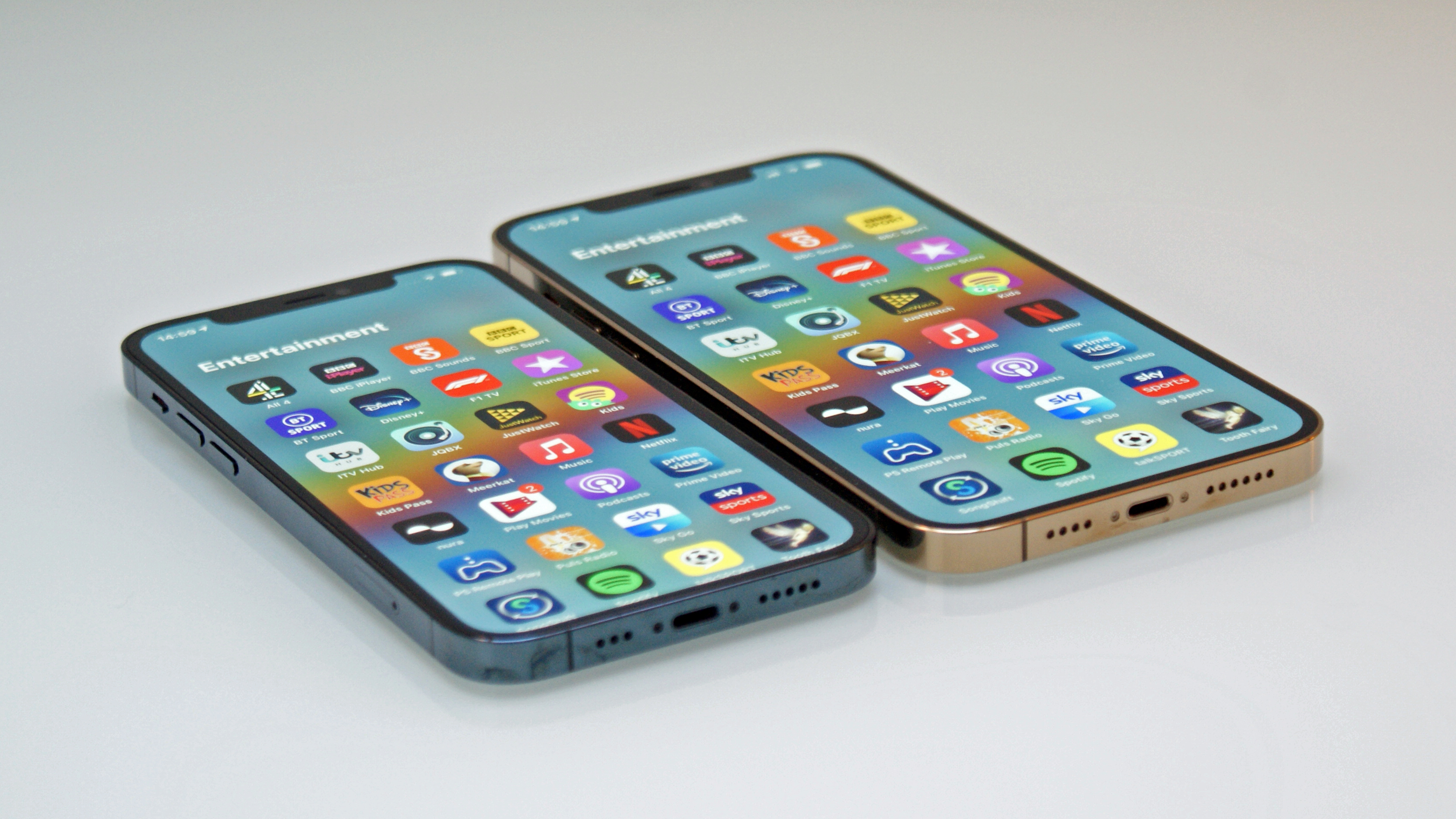iPhone 13 chipset could be similar to iPhone 12's
Not a huge improvement

Sign up for breaking news, reviews, opinion, top tech deals, and more.
You are now subscribed
Your newsletter sign-up was successful
While the iPhone 13 could bring some big improvements over the iPhone 12, it sounds like it could have a similar chipset. Some Apple fans were hoping the new iPhone would use a 3nm chipset, but it's starting to sound a lot like it'll be 5nm, just like the 2020 iPhone.
As reported by PhoneArena, the company TSMC, which produces components like chipsets for Apple, recently held an earnings call during which it all but guaranteed that it won't be producing 3nm chipsets in time for them to be included the iPhone 13.
By the sounds of PhoneArena's report, these chipsets will likely be ready in 2022, in time for the iPhone 14, so we can expect that phone to get a big increase in power, rather than the 2021 model.
- These are the best iPhones
- Check out our iPhone 12 Mini review
- The Huawei P50 is also coming
Only a small power boost?
To cut through the technobabble, nm (nanometers) refers to the size of a chipset, and smaller numbers and sizes indicate that more transistors can fit in a chipset, making it more powerful.
The iPhone 12, as well as a fair few Android phones using the Snapdragon 888 or similar chipsets, all use 5nm processors, which started being used in 2020 - lots of other phones, especially older ones, stick with 7nm, and so are less powerful.
As we've said, people were hoping Apple would have found away to bring 3nm to its phones in 2021, rather than in 2022 when the technology is expected, but this apparently isn't the case. Instead, the iPhone 13's chipset will likely be very similar to the A14 Bionic in the iPhone 12.
Even if this rumor is true, it doesn't mean the iPhone will miss out on performance upgrades - Apple could have found ways to fine-tune its A15 Bionic to be especially powerful - but some customers could be disappointed anyway.
Sign up for breaking news, reviews, opinion, top tech deals, and more.
We'll find out if this is the case come September, when we're expecting to see the iPhone 13 launch. We're hearing plenty of rumors and leaks ahead of time though, so stay tuned for more early news.

Tom Bedford is a freelance contributor covering tech, entertainment and gaming. Beyond TechRadar, he has bylines on sites including GamesRadar, Digital Trends, WhattoWatch and BGR. From 2019 to 2022 he was on the TechRadar team as the staff writer and then deputy editor for the mobile team.